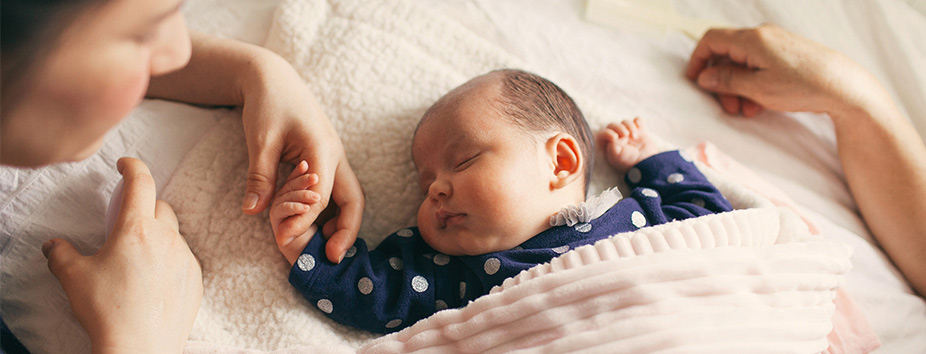Baby-proof your budget

Babies may be beautiful, but they’re not cheap. With this in mind, the more opportunity you have to plan financially before your new arrival the better. Here are some steps that could help get you on your way.

Babies may be beautiful, but they’re not cheap. With this in mind, the more opportunity you have to plan financially before your new arrival the better. Here are some steps that could help get you on your way.
Where does your money go? If this will be your first child, knowing where you spend money may not have been a priority, but with the arrival of a new baby you may be facing a lot of new (and ongoing) expenses.
A budget may help you identify areas where you could cut back on your spending.
This will mean different things to different people. Perhaps you’ll get used to cutting down on eating out as often or ordering takeaways. Or maybe it’s going home after just one after-work Friday drink (they can add up pretty quickly).
Once you’ve identified where you can cut down on spending, you may have a better idea of how much money is left over to start planning for your baby. Here’s a list of what you’ll likely need to budget for before your baby arrives:
Crib
Car seat
Stroller
High chair
Changing table
Cot or bassinet
Baby bath.
Nappies
Food and formula
Clothes
Baby linen
Change table supplies
Bottles
Bath supplies.
The list might seem daunting (and endless) but keep in mind you don’t have to buy everything new – you could make big savings by buying pre-loved items.
Aside from decking out the nursery and stocking up on supplies, there are likely to be some ongoing expenses in the first year that you’ll need to take into account. The most obvious of these are medical bills. Now might be the time to review your private health insurance as not everything may be covered by Medicare.
Look for an account that’ll pay bonus interest when you meet certain conditions, such as making a minimum deposit and not making any withdrawals within a month.
Do your research to see if you’re eligible for any government help – it could make a huge difference. This includes potential government benefits such as Parental leave Pay^, Family Tax Benefit^ or Dad and Partner Pay^.
^© Commonwealth of Australia.